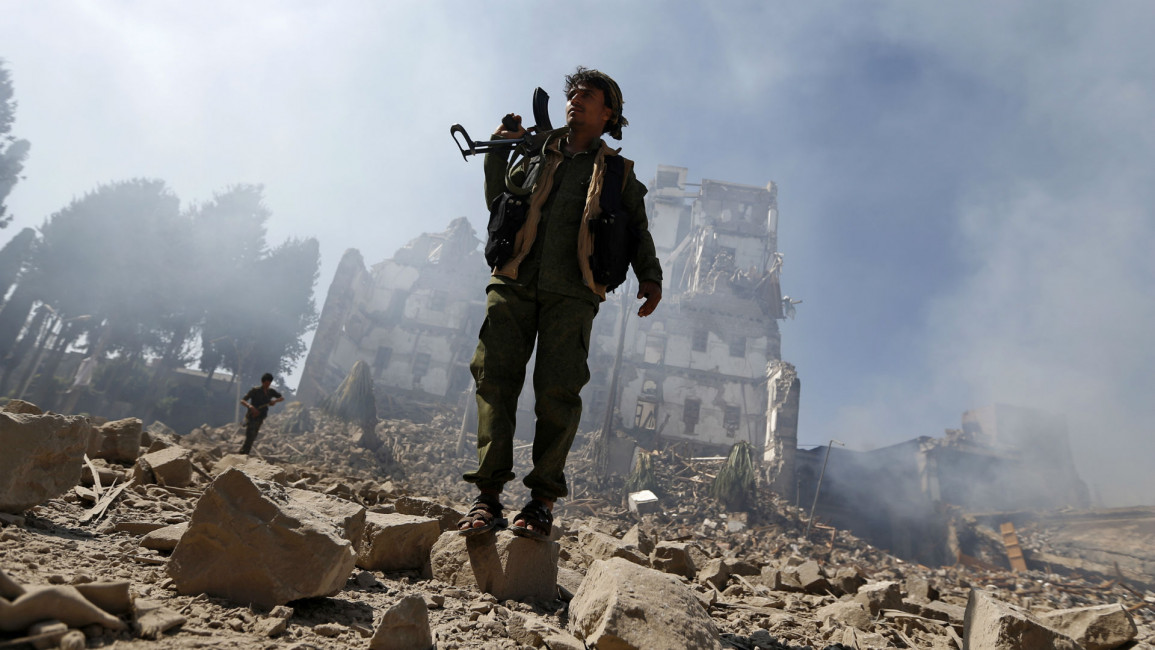Yemen human rights commission says 447 civilians killed since start of 2022
At least 447 civilians have been killed in Yemen since the beginning of this year, with all parties involved in the conflict being complicit, a commission monitoring human rights violations in the war-torn country said Thursday.
The National Commission to Investigate Alleged Violations to Human Rights (NCIAVHR) said in a statement that 447 civilians, including 35 women and 82 children, were killed between January and December this year.
It said another 891 people were injured, including 84 women and 212 children.
The numbers are difficult to verify.
The United Nations says over 370 thousand people have died in Yemen’s civil war since 2014, adding that the country – fractured between different groups supported by regional powers - is witnessing one of the world’s worst humanitarian crises.
The NCIAVHR stated that there were 3,411 violations across Yemen’s governorates this year, most of which took place in Taiz, Hodeida, Al-Dhale, Marib, and Lahij.
For nearly eight years, children have paid a high price in Yemen's war, and the tragedy looks set to continue⬇ https://t.co/T7LijuTcXi
— The New Arab (@The_NewArab) December 27, 2022
Violations included the killing, wounding, maiming, torture and forced displacement of civilians, as well as extrajudicial detention, bombing of homes, recruitment of children, attacks on religious, medical and cultural institutions, destruction and looting of property, sexual violence and the restriction of women’s freedoms.
"All parties to the conflict are responsible for these violations, with the exception of mine incidents, child recruitment and the bombing of homes, for which the [Iran-backed] Houthi group bears sole responsibility," the commission stated.
The Houthis overran the capital Sanaa in 2014, forcing the government to relocate to the interim capital, Aden.
Despite a UN-mediated truce which ended in October, the NCIAVHR noted that civilians continued to be killed by shelling and bullets, mainly in the Houth-held regions of Taiz and Hodeida, in addition to the continued siege and closure of main roads leading to Taiz.



